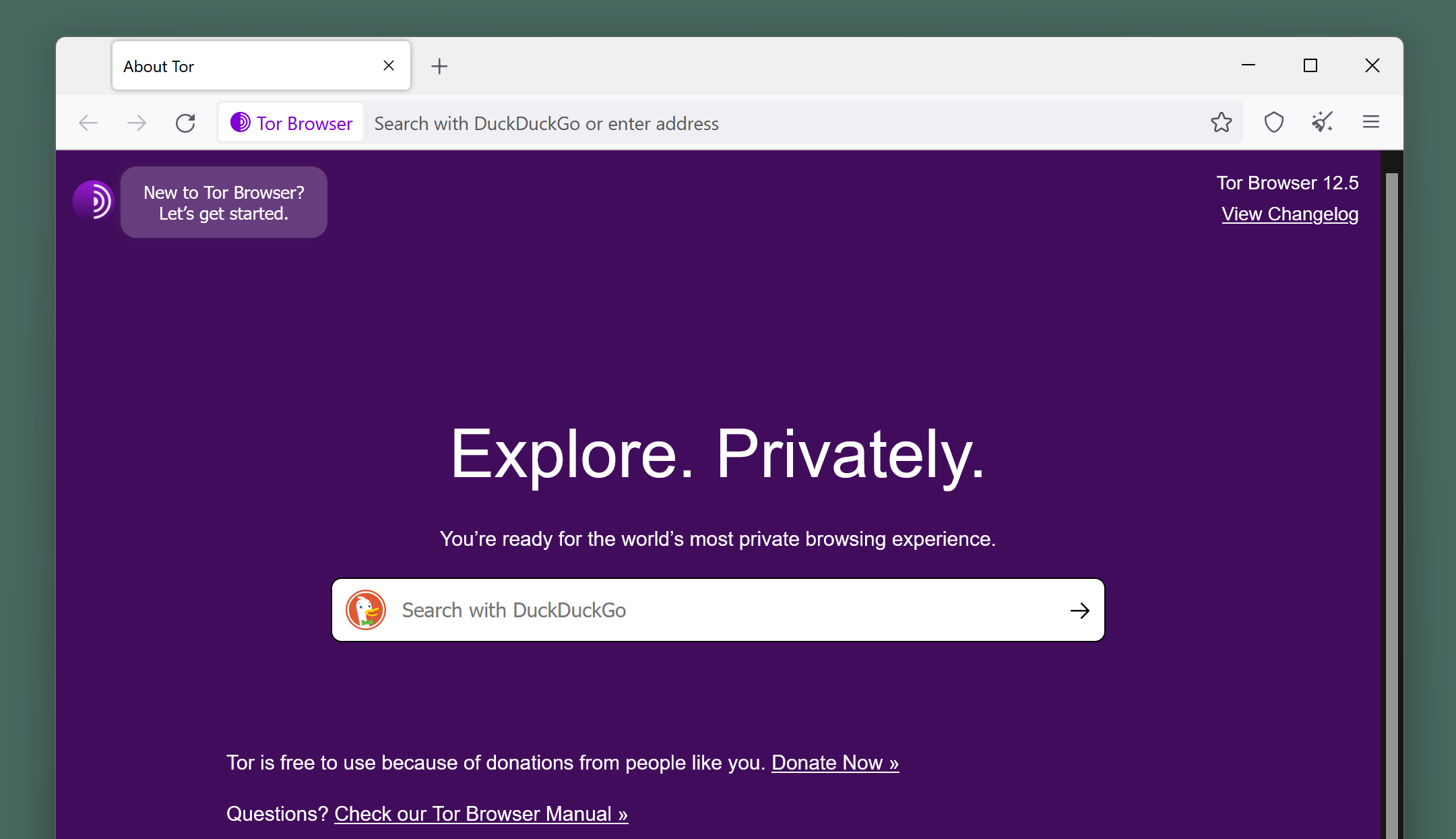-
 Cybersecurity
CybersecurityProtecting Kids Online: A Parent's Guide to Cybersecurity
Learn how to safeguard your children from online threats with essential cybersecurity tips for parents.
STLRAxis Team • -
 cybersecurity
cybersecurityUnderstanding Fake Tech-Support Scams
Learn how fake tech-support scammers find victims and the steps you can take to protect yourself from falling prey to their schemes.
STLRAxis Team • -
 Online Privacy
Online PrivacyTOR Browser : How It Works
Explore the TOR browser, its workings, how to use it for anonymous browsing, and the risks of deanonymization.
STLRAxis Team • - Cybersecurity
Updated Password Standards Based on NIST SP 800-63 Guidelines for 2025
Explore the latest updates in password standards and authentication practices as outlined in the NIST SP 800-63 guidelines for 2025.
STLRAxis Team • - Cybersecurity
What to Do If Your Online Account Gets Hacked
Learn the immediate steps to take if your online account gets hacked, how to minimize damage, and protect your data and finances.
STLRAxis Team • - Online Safety
How to Avoid Online Recruitment Scams
Learn how to identify and avoid online recruitment scams with this comprehensive guide. Protect yourself from fake job offers and fraudulent schemes.
STLRAxis Team • -
 Financial Scams
Financial ScamsThe $20 Billion Enron Scandal: A Corporate Crime Classic
Uncover the details of the Enron scandal, one of history's most significant corporate frauds, and learn how it led to the downfall of a seemingly invincible energy giant.
STLRAxis Team • -
 Financial Scams
Financial ScamsThe Infamous Pyramid Scheme of the Late 19th Century
Explore the history of pyramid schemes with a focus on a notable late 19th-century fraud.
STLRAxis Team • - Online Scams
Explaining The Nigerian Prince Scam
Unmasking the notorious Nigerian Prince Scam: Learn its origins, how it operates, and, most importantly, how to protect yourself from falling victim to this pervasive online fraud.
STLRAxis Team • - Social Media Scams
Top Social Media Scams and How to Stay Safe
Learn about the prevalent social media scams and actionable strategies to protect yourself from fraud on platforms like Facebook and Instagram.
STLRAxis Team •
